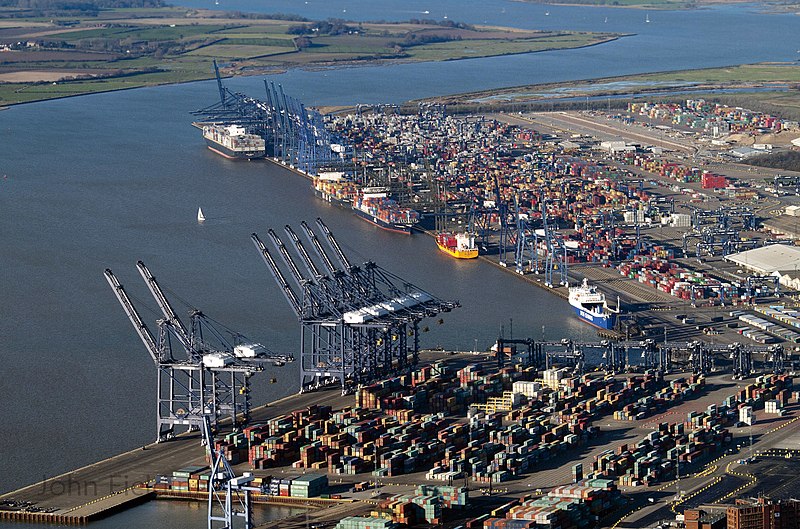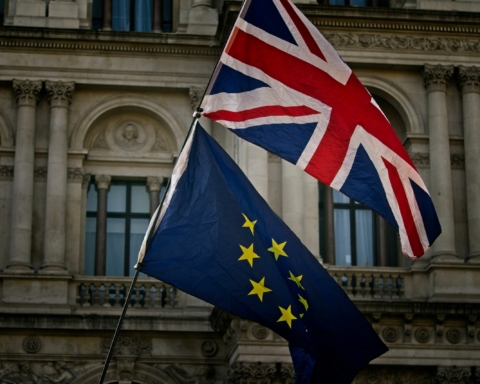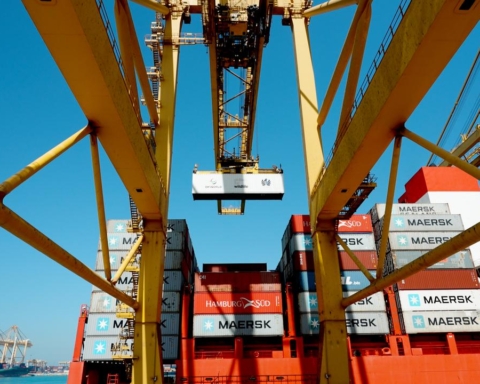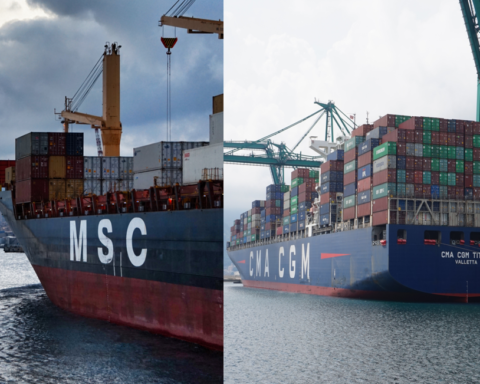Over the next three decades, UK’s maritime sector will need an additional £75 billion to reach the net-zero target by 2050 according to the ‘UK Domestic Shipping: Mobilising Investment in Net Zero‘ report by Marine Capital Ltd with the support of UMAS and Lloyd’s Register.
After identifying the vessels that make up the national shipping fleets, the study calculated exactly what responsibility they have for carbon dioxide emissions in domestic and short sea shipping.
Ro/Ro ships and ferries are the biggest polluters. They represent only 10% of the national fleet but are responsible for 50% of the total emissions during maritime transport operations.
The researchers then went on to identify funding mechanisms that can be applied immediately to finance the transition, without waiting for the introduction of ideal zero-emission fuels.
“Shipping’s decarbonisation presents many challenges,” said Tony Foster, CEO of Marine Capital Ltd.
“Domestic shipping is enormously diverse, so merely getting to grips with that diversity was a key element in framing the report.” He said that their report “highlighted, through case studies, financial mechanisms that can facilitate the participation of institutional capital, particularly in large-scale fleet renewal, that is required. The report clearly shows how progress can be made now and the support which government can provide to unlock this investment.”
Translation by Giles Foster




